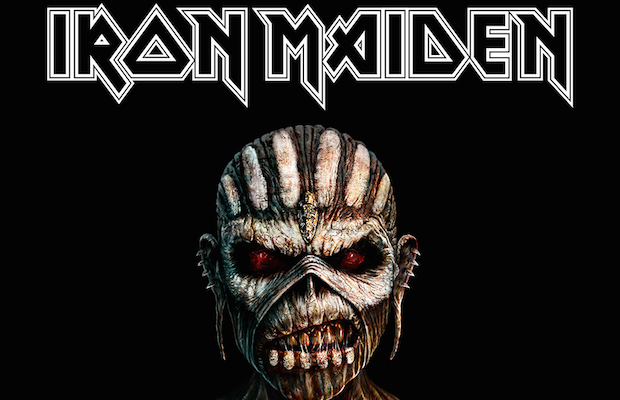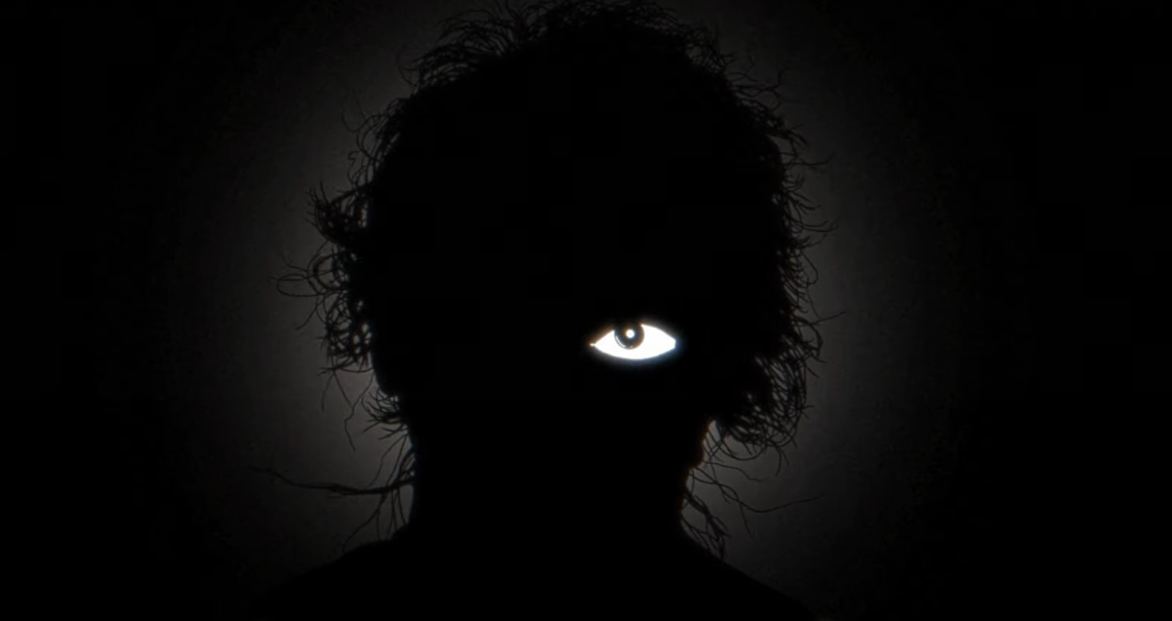Music
[Review] Iron Maiden ‘The Book of Souls’

It’s been five years since British heavy metal band Iron Maiden gave us The Final Frontier, which was critically acclaimed and topped charts across the globe. Had that been their final album, the band would be able to retire knowing that they were responsible for 15 studio albums over the course of 30 years, massive worldwide tours that would sell out nearly everywhere, and somewhere between 80-100 million records sold globally.
Not ones to rest on their laurels, the band decided that they weren’t through rocking our faces off and are back with The Book of Souls, their longest record to date and their first double album.
For a band with such a long and storied career, can they really put out all the stops and deliver yet another winner for their 16th title or is this book and empty experience?
Let’s throw everything to the side and get straight to the point, okay? This album fucking rocks. Maiden have always known how to “up the irons” and this album proves that age can refine a band, tempering them for further greatness.
The opener, “If Eternity Should Fail”, starts off like an epic Western story is about to be told, strong sci-fi synth pads underneath a desert-like whistle strengthened by a rattle. Vocalist Bruce Dickinson brings forth his theatricality, boldly putting himself forth. When the song fully kicks in, it’s incredibly driving and loads of fun, reminding everyone what we waiting five long years for.
Next comes the band’s current single “The Speed of Light”, which opens with some fever-curing cowbell. This is pure 80’s metal and it has absolutely no shame in wearing that. Still, Dickinson’s voice feels like it struggles a bit in this track, specifically in the chorus when he reaches in the line “Shadows and the stars“. And you know what? For a guy that’s recently turned 57, he still has enough presence and strength to put people half his age to shame.
“The Red And The Black”, the second-longest track on the album, opens with a chorded bass solo and delves quickly into a riff that has that classic Maiden gallop. With a song of this length, it knows how to take its time, really appreciating each passage and ensuring the listener can hear all the subtleties and little flourishes they throw in. Arena-worthy chants of “Woah oh oh whoa oh!” are utterly infectious and I found myself screaming them in my home, probably startling the hell out of my neighbors. The song crescendos to a goose bump-raising climax. This is a track that proves the majesty of Iron Maiden, even 35 years after their debut.
The title track opens with a melancholic acoustic guitar passage. If you listen closely enough, you can almost here the gentle sighing breathes of the player. Suddenly, the track slams into a mid-tempo riff that has a badass swagger, a confidence that is worn only by those who walk with a slight sneer on their face. It’s that kind of riff where you rock your head back and forth by the power of your chin, not your neck. I’m not saying that it’s dissonant, becuase it’s most certainly not. But when the passage at 2:16 comes in, there is a melody to it that has this strange heart aching beauty behind it, as though this track desperately needs to prove itself. As the song progresses, it speeds up in pace and the band rocks out some of the trademark fantastic solos. Setting aside that it’s the title track of the album, this song showcases everything that the record has to offer.
Now we jump to “Shadows of the Valley”, which is a big and exciting track. It’s one of those songs that you desperately hope will be on the band’s setlist when you go to see them in concert. The harmonized “whoa ohs” at the end are awesomely stunning and it’s now a life goal to be able to sing along to them next to tens of thousands of people.
The real star of the album is the 18-minute long “Empire of the Clouds”, which opens up with a stunningly beautiful passage. A piano plays over shimmering cymbals and rounded bass tones, strings slowly making their way into the mix. The first couple of minutes sound cinematic, like something from an inspiring fantastical moment. Dickinson comes in over marching snares, his croons and calls making him sound like a figure giving an inspiring speech to the masses.
The song certainly takes its time, really building on each previous passage. It takes over seven minutes to get the guitars really going and, even then, another two minutes before everything comes together in a solid groove. It all culminates in a swirling and dizzyingly off kilter spiral, allowing Dickinson to once again take over and mournfully eulogize the “empire of the clouds”, a sadness that mirrors the ending of the album itself.
The Final Word: Iron Maiden hasn’t lost any of their power, their intensity, or their might. The Book of Souls is the return of a titan and it’s a brilliant reminder of why this band is royalty amongst the metal pantheon.

Music
“He Walks By Night” – Listen to a Brand New John Carpenter Song NOW!

It’s a new day, and you’ve got new John Carpenter to listen to. John Carpenter, Daniel Davies and Cody Carpenter have released the new track He Walks By Night this morning, the second single off their upcoming album Lost Themes IV: Noir, out May 3 on Sacred Bones Records.
Lost Themes IV: Noir is the latest installment in a series that sees Carpenter releasing new music for John Carpenter movies that don’t actually exist. The first Lost Themes was released in 2015, followed by Lost Themes II in 2016 and Lost Themes III: Alive After Death in 2021.
Sacred Bones previews, “It’s been a decade since John Carpenter recorded the material that would become Lost Themes, his debut album of non-film music and the opening salvo in one of Hollywood’s great second acts. Those vibrant, synth-driven songs, made in collaboration with his son Cody Carpenter and godson Daniel Davies, kickstarted a musical renaissance for the pioneering composer and director. With Lost Themes IV: Noir, they’ve struck gold again, this time mining the rich history of the film noir genre for inspiration.
“Since the first Lost Themes, John has referred to these compositions as “soundtracks for the movies in your mind.” On the fourth installment in the series, those movies are noirs. Like the film genre they were influenced by, what makes these songs “noirish” is sometimes slippery and hard to define, and not merely reducible to a collection of tropes. The scores for the great American noir pictures were largely orchestral, while the Carpenters and Davies work off a sturdy synth-and-guitar backbone.
“The trio’s free-flowing chemistry means Lost Themes IV: Noir runs like a well-oiled machine—the 1951 Jaguar XK120 Roadster from Kiss Me Deadly, perhaps, or the 1958 Plymouth Fury from John’s own Christine. It’s a chemistry that’s helped power one of the most productive stretches of John’s creative life, and Noir proves that it’s nowhere near done yielding brilliant results.”
You can pre-save Lost Themes IV: Noir right now! And listen to the new track below…















You must be logged in to post a comment.